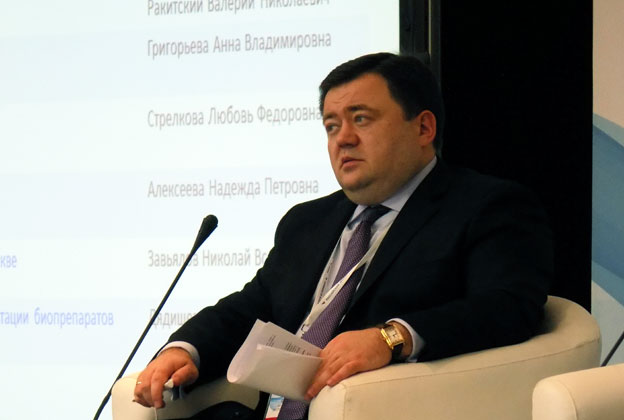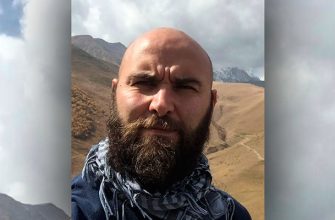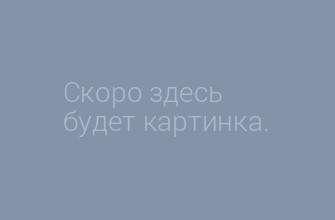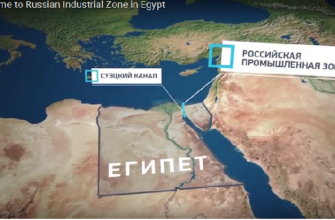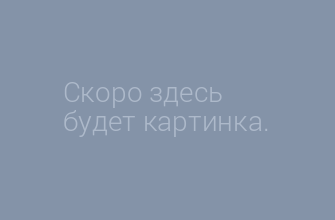At the meeting of the Russian Export Centre (REC), held on 15 February 2017, the format of providing non-financial assistance to Russian exporters was discussed. The assistance is needed for overcoming export barriers, above all (in addition to the availability of funds and markets, of course) it is a requirement for the product quality and certification. The difficulty in “papers” reduce the Russian export potential now.
“We made a big step forward,’ said Pyotr Fradkov, Head of Russian Export Centre (REC) at the opening ceremony “Made in Russia – certified abroad” forum, – and now we have to use it”.
REC is one-window system for the Russian exporters, it provides support and coordinates their interaction with the Ministry of industry for reimbursement of the costs of international certification of Russian goods (90% of the costs) and their homologation (compliance with international standards, 50% of the costs). Already 314 of the companies used the support of the REC, including 32 received subsidies. The largest part of companies seeking help in export represents food business (31%).
We all understand that at some point a political decision can stop goods at the border, but apart from force majeure risks there are normal national requirements, which must be met and authorized, but it costs money.
There are three types of international documents of quality: certificates, reports and test reports and certificates of free sale confirming that the goods meet Russian requirements and are sold freely in our country. In addition to the customs quality certificate sale of goods can be accompanied by additional requirements – for example, those from retailers. According to market participants, the price of the certificate is 3-5 times higher than for domestic certification, and product of small business can be condemned for 100’000 Euro payment making the goods uncompetitive.
The Russian leadership, on the one hand, is working to bring the Russian requirements for certification in correspondence to international standards (harmonisation at the national legislation), on the other hand – in recognition of national certificates on the global, international level.
The process of international recognition of certificates issued by the Russian laboratories must be completed in 2017, with joining the International organization for accreditation of laboratories (ILAC) and International accreditation forum (IAF). This work was carried out during 5 years. Among 10 certified Federal accreditation service of laboratories for preclinical trials (Good Laboratory Practice, GLP), the results of one laboratory are already recognized in the world, and 5 next are preparing for recognition in 2017.
First Deputy Prime Minister Igor Shuvalov drew attention to the fact that “we have to show sufficient flexibility” according to the sometimes conflicting requirements: we aim at working with the most “favorable” China, Vietnam and Iran markets, and with “great, but difficult” the EU market too. We want to achieve full compliance with the EU in all the points on all the committees. Why? – This are the most modern standards of life.” “The main thing for us is the mechanism of promotion on the market,” he said.
